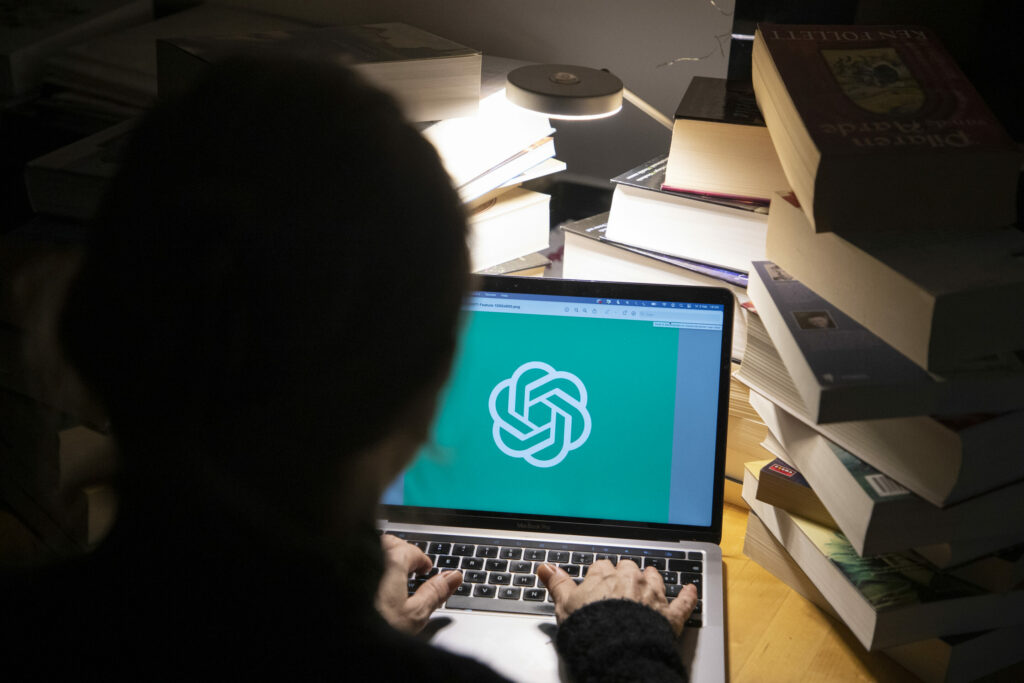Energy consumption by Artificial Intelligence (AI) is rising rapidly: AI is predicted to consume twice as much energy as the whole of France by 2030, according to some calculations.
Not only does AI already have a solid climate impact now, it also complicates the fight against climate change. All this extra demand for electricity makes it even more difficult to electrify transport, for example, as soon as possible. The question arises: what do we best use AI for?
A year and a half after its launch, ChatGPT has 180 million users. The AI chatbot is used for all sorts of things, from creating a travel itinerary to writing a paper or just asking a silly question.
However, ChatGPT consumes a lot of energy in the process, up to 25 times more than a Google search. Additionally, a lot of water is also used in cooling for the servers that run all that software. Per conversation of about 20 to 50 queries, half a litre of water evaporates – a small bottle, in other words.
To the moon and back
However, those ‘conversations’ are not even the biggest energy drain. By far the most energy goes into training the language model GPT (the software behind the chatbot), which is done with hyper-fast supercomputers fed with huge amounts of text from the internet.
Stanford University calculated that fine-tuning GPT3, the predecessor of the most recent version, took 1,287 MWh (Megawatt hours) of electricity.
Additionally, AI technology like GPT requires exponentially more energy with each new step in its development. Consulting firm Gartner calculated that at this rate, AI will account for up to 3.5% of global electricity demand by 2030. That is as much as agriculture and forestry together currently consume, or twice as much as the whole of France.
That in turn has its impact on the climate, as energy consumption causes greenhouse gas emissions. In the United States, where many servers used for AI are located, 16% of electricity still comes from coal – the dirtiest source of energy. Training GPT3, in that way caused 502 tonnes of CO2: as many emissions as that of driving 50 Belgians or a car to the moon and back.
Related News
- Apple apologises after iPad Pro ad controversy
- 'Unable to correct errors': New complaint lodged against ChatGPT
- AI to affect millions of Belgian jobs but unemployment not inevitable
"The negative impact of AI needs to be mitigated," the consulting firm Gartner warned. "Business leaders should be aware of the growing environmental impact of AI and take action."
Making sure your electricity comes from wind, solar or nuclear power is a logical first step. Google itself, for example, says it has been running entirely on green electricity since 2015.

